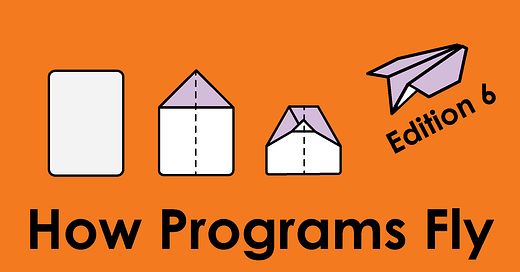Hello!
You want your leaders to develop cutting-edge leadership habits.
Yet, it's likely you've faced the following obstacles when running Leadership Development programs in the past:
Leaders are resistant to change
They’re okay to change, but new habits don’t stick
Here is how you can avoid these and multiply the impact of your next program: by focusing the first 2 months of your program on habits of well-being.
The impact of doing this is will be 3-fold:
They will find their authentic leadership style. For instance, someone who grows their well-being by practicing gratitude will automatically start developing a supportive leadership style where appreciating people plays a role
You will impact retention, because they will have balance work and the rest of their lives better, and also because they will develop more buddies at work with whom they can have candid conversations
They will master the art of habit creation, which will act as a grease when you start the hardcore leadership habits part of the program. By this point, they will be skillful at developing new habits, thanks to Phase 1 of the program
So, that's the message of today’s edition.
However, if you're in the mood, we have 3 bonuses below to go even deeper and connect to the joy of it.
Let's arrive at this edition's message in a different way, via a dialogue from Shakespeare’s Julius Caesar:
Cassius: Will you dine with me to-morrow?
Casca: Ay, if I be alive and your mind hold and your dinner worth the eating.
[...]
Brutus: What a blunt fellow is this grown to be!
Cassius: This rudeness is a sauce to his good wit, which gives men stomach to digest his words with better appetite.
Sauce. Today, we think of “sauce” as a semi-liquid substance made from the same ingredient as that of the main dish that adds flavour.
For Shakespeare, "to sauce" something meant adding an opposite flavour in order to temper the main ingredient and make it more digestible.
When participants begin a Leadership Development program with a focus on building well-being habits, they enter a zone of growth where working, then, on leadership habits feels like a natural extension.
So, in a Shakespearean sense, that's how the seemingly 'opposite' flavour of Well-being is the sauce to the main Leadership Development dish that not only adds flavour but also makes it more digestible!
Potentialife's Co-founder, Tal Ben-Shahar, has famously spent his last few decades as a researcher and teacher of Positive Psychology.
The work we do at Potentialife is closely influenced by his body of work that statistically identified 10 sources of energy that correlate with both whole person well-being (shortened as 'wholebeing') and leadership.
Try this: In the following statement, fill in the blank with any of the 10 sources of energy listed below. When I am ____, not only do I experience more well-being, but it also makes me a better leader.
Playing to my strengths
Appreciating strength
Prioritizing health
Calibrating stress
Maximizing focus
Being mindful
Offering positivity
Offering authenticity
Creating meaning
Strengthening commitment
Through this little exercise, one realizes that when you focus the first 2 months of your program on habits of well-being, participants (by default!) are also working on leadership habits — both just go hand in hand.
One of Potentialife India's largest cohorts just reached the stage of a post-assessment. The assessment results, by themselves, reveal some very powerful shifts.
But more interesting is the picture that gets painted when we pair up results to highlight the correlation between well-being and leadership:
54% of participants developed a habit of physical exercise
59% of participants reported significant impact of the program on their ability to bring positivity and high energy while engaging with others
58% of participants developed a habit of better-quality and on-time sleep
61% of participants reported significant impact of the program on their ability to listen mindfully during conversations with colleague
71% of participants developed a habit of spending quality time with family
63% of participants reported significant impact of the program on their ability to take action to help, support and encourage colleagues
The results show correlation. For instance: regular physical exercise correlates with more energy to engage with others; more restful sleep correlates with listening to others mindfully, and so on...
Well-being habits and leadership habits always develop concurrently, and never in isolation.
The idea is to focus the first 2 months of a Leadership Development program on building habits of well-being
This helps participants master the art of habit creation, find their authentic leadership style, and it impacts retention
But this doesn't put leadership development in the backseat, because both, well-being habits and leadership habits, develop concurrently through the same 10 sources of energy or wholebeing
Until the next edition!








